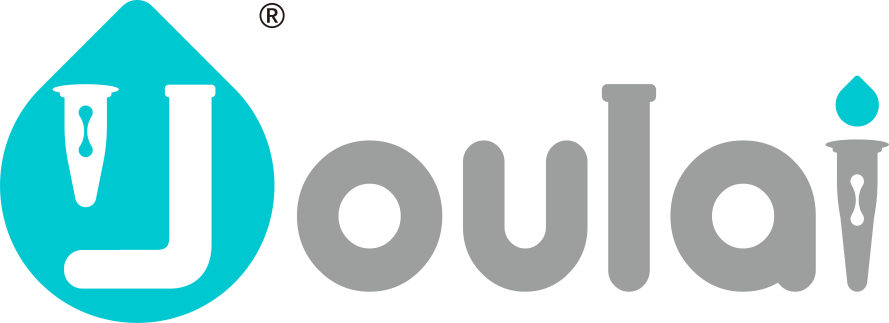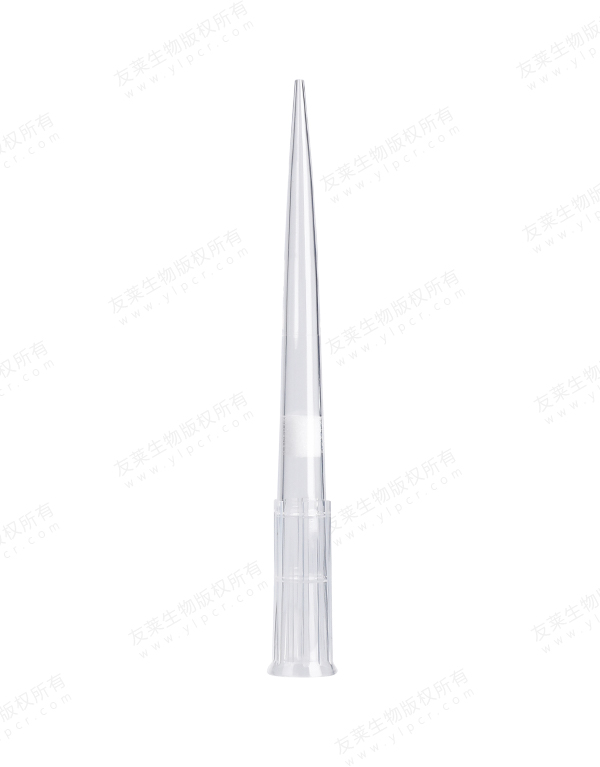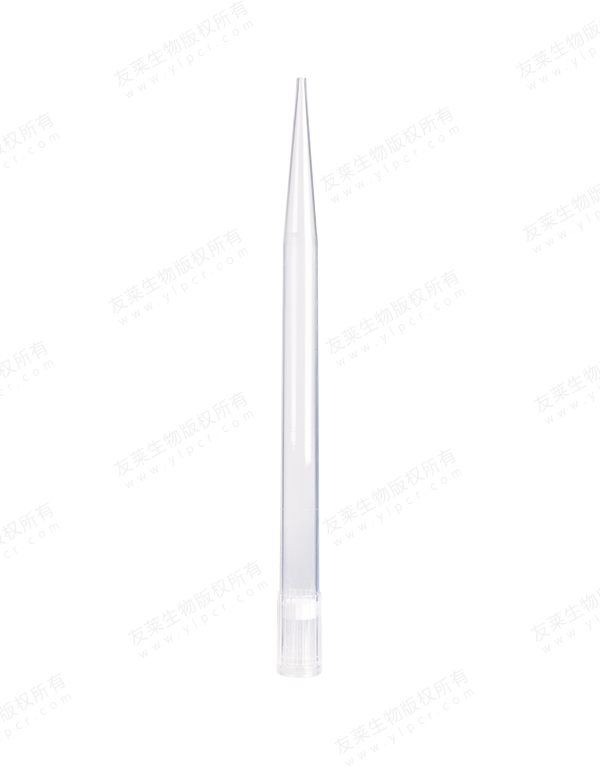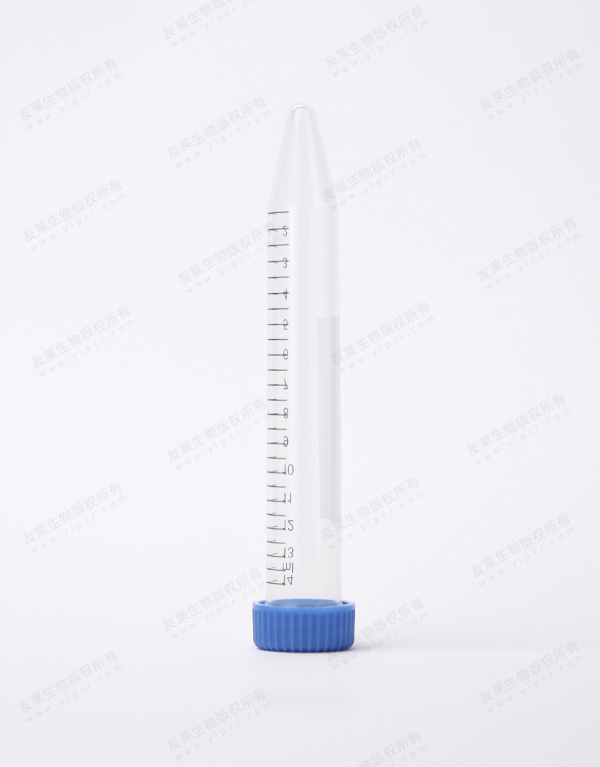Pipette tips are an essential tool for liquid handling applications. But not all tips are created equal.
Agilent Sterile Pipette Tips provide high quality pipette tips to ensure that you can achieve accurate, precise and repeatable results. These tips are suitable for genomics, proteomics, cytomics, immunoassay, metabolomics and biopharmaceutical research and development.
Polypropylene blend
Polypropylene is a common plastic used in a variety of applications. It is found in items you use every day, including automobiles and clothes.
The material has a range of properties, including strength, toughness, and flexibility. It is also resistant to stains and wrinkles.
There are various types of polypropylene blends. These include block copolymers and random copolymers. The block-type has more tensile and elongation at break strength than the random one.
Moreover, block-type polypropylene is more resistant to cracking than random ones. The regular order of monomer units gives these copolymers more strength and ductility.
The compatibilizer B-1) may consist of a block copolymer of ethylene and propylene or a C4 to C10 alpha olefin, preferably butene or hexene. It may also consist of a non-polymerized ethylene-propylene polymer.
Injection molding machine
Injection molding is a manufacturing process that is used for a variety of different products and projects. It's often a good choice for companies who need to produce complex parts at an affordable cost.
The injection molding process involves melting plastic granules using the frictional action of a reciprocating screw and heater bands. The material then flows through a nozzle into a mold cavity.
When the molten plastic comes into contact with the mold, it cools and solidifies into the desired shape. It's important to choose a machine that can repeatedly mold your product within the specified tolerances.
Injection molding machines come in a wide variety of sizes and types. Some are hydraulic and others are electric. These differences can make a big difference in how much precision the machine has and how well it produces your part.
Tip shape
Pipette tips are used in a range of laboratory applications to perform complex experiments. They are essential for the safety and sterility of samples, as well as for providing proper flow properties and ease of use.
Tip shape can make a difference to the quality of your research results, so it is important to choose the right one. It is also important to check whether the tip has a high level of compatibility with your pipettor.
Filter Tips: These types of tips are designed to prevent the aspiration of corrosive, volatile or viscous liquids from damaging the pipette shaft. They are ideal for applications requiring a high level of sterility, such as radioisotope handling and DNA amplification.
Non-filter Tips: These types of tips are less expensive than filter ones and can be used for relatively non-sensitive applications, such as isolating plasmid DNA or loading agarose gels.
These types of tips are hydrophobic, which means they prevent the contact of aerosol contaminants with the pipette shaft, thereby offering better sterility. They are also ideal for transferring fragile cellular samples.
Sterilization
Sterilization is a process that kills or removes all forms of life, including bacteria, viruses and spores. It is essential for preventing infections in medical devices and products used by patients.
The cleaning, decontamination and sterilization/disinfection of medical devices and instruments requires careful selection of materials as well as consistent monitoring of the procedures involved. Successful cleaning, disinfection and sterilization/disinfection of these devices and instruments is a critical part of the manufacturing process for maintaining product quality and patient safety.
Surgical instruments, including scalpels, hypodermic needles, artificial pacemakers and other items used to penetrate soft tissue or bone, should be sterile before use. In addition, parenteral pharmaceuticals and other injectable medications should be manufactured with a sterile process to prevent contamination of the drug by microorganisms that enter the bloodstream or into an already aseptic part of the body.
Noncritical items are those that come in contact with intact skin, such as clothing, bedspans, weighing scales, bed pans, brushes and crockery. These items have the lowest risk of transmitting infection to a patient, but they can still contribute indirectly to transmission of disease.

 English
English русский
русский 中文简体
中文简体

水印.jpg)


